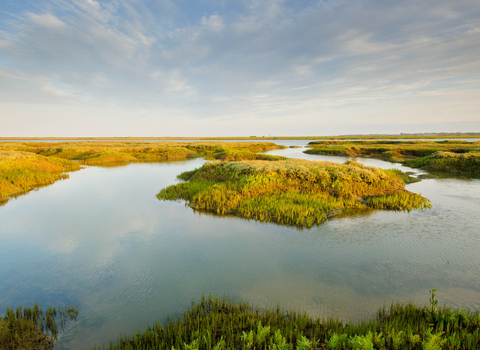International Union for Conservation of Nature (IUCN) was founded in 1948, with The Wildlife Trusts as a founding member. This global umbrella organisation for conservation provides member organisations with support, resources, coordination and development.
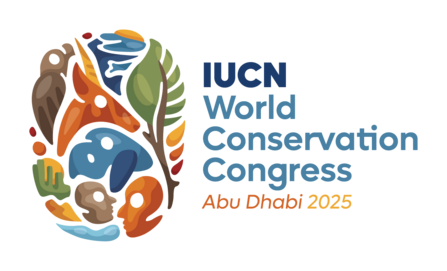
The IUCN World Conservation Congress takes place every four years and this year took place from 9th-15th October.
The Congress brings together conservationists, leaders, policymakers and funders. It acts as a hub for the latest thinking on biodiversity conservation and recovery, climate adaptation and indigenous knowledge.
The Wildlife Trusts at IUCN World Conservation Congress
The Wildlife Trusts' conservation work on the ground in the UK has a global impact. We attended the Congress to learn more, to share knowledge, to connect with other member organisations and to vote on motions. We shared news and updates from the World Congress on our WhatsApp Channel.
During the Congress, we focused on:
Showcasing the IUCN UK Peatland Programme
The Wildlife Trusts is proud to host the IUCN UK Peatland Programme. The team proposed a motion to develop a unified global definition of ‘peatland and peat’, which was approved. As part of that motion we presented an e-poster called ‘Peatland? Why a universal understanding matters’, with a 45 minute session to answer questions.
Dr Emma Hinchliffe, the Director of the IUCN UK Peatland Programme, also sat on a panel for Accelerating Nature-based Solutions Globally.
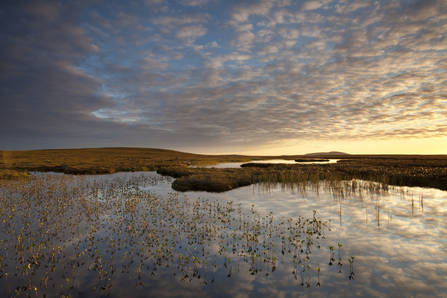
© Mark Hamblin/2020VISION
Building relationships
The World Conservation Congress is a huge event which provides a great opportunity for building connecting and relationships, including with potential funders.
It allows sharing and learning of best practice and knowledge between experts in nature conservation and biodiversity.
Hosting a learning session with Google Earth
Director of International, Leigh Morris, facilitated a hands-on session with Google Earth and Earth Engine called Pixels with Purpose: Geospatial AI, Analysis and Storytelling.
- The session shaRed how UNEP-WCMC have used planetary-scale geospatial analysis capabilities for advancing conservation science and invited participants to explore some of the latest tech developments from Silicon Valley and how they can apply them to safeguard ecosystems and biodiversity.
Voting on motions
Motions are formal requests for debates and decisions. These motions are then voted on and, where necessary, discussed during the Congress.
The Wildlife Trusts had an official link to three motions:
- Developing a unified global definition of 'peatland and peat'. Proposed by The Wildlife Trusts and formally sponsored by NABU, WWF, RSPB, Pew Charitable Trust and ZSL
- Reducing the impacts of forest biomass energy on climate and biodiversity. We are supporting this motion which will be voted on electronically before WCC
- Recognising the crime of ecocide to protect nature. We are supporting this motion, which will be discussed and voted on at WCC
Read our full report on the IUCN World Conservation Congress 2025
Read our blogs on the IUCN World Conservation Congress
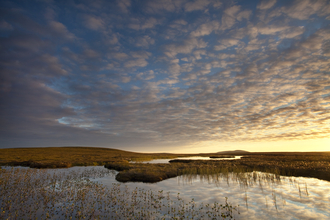
Building trust and kinship: Reflections on the IUCN World Congress
As the IUCN World Congress has drawn to a close, Rob Stoneman, Director of Landscape Recovery, reflects on the last week.
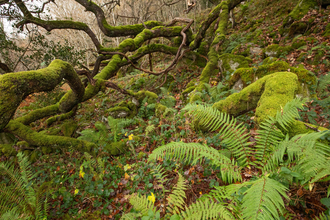
Climate overshoot: How can nature help?
Rob Stoneman, Director of Landscape Recovery, reports on insights from IUCN World Conservation Congress. Let’s dive into climate…
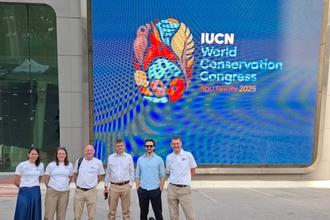
Let us choose hope: IUCN World Conservation Congress
As the IUCN World Conservation Congress begins, The Wildlife Trusts Director of Landscape Recovery, Rob Stoneman, reports on the opening…
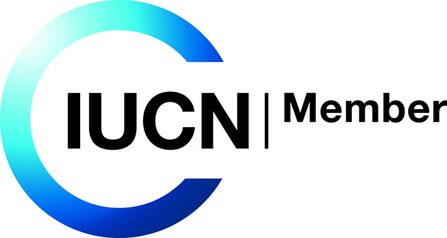
Royal Society of Wildlife Trusts was a founding member of International Union for Conservation of Nature (IUCN) in 1948. We also host the IUCN Peatland Programme.

